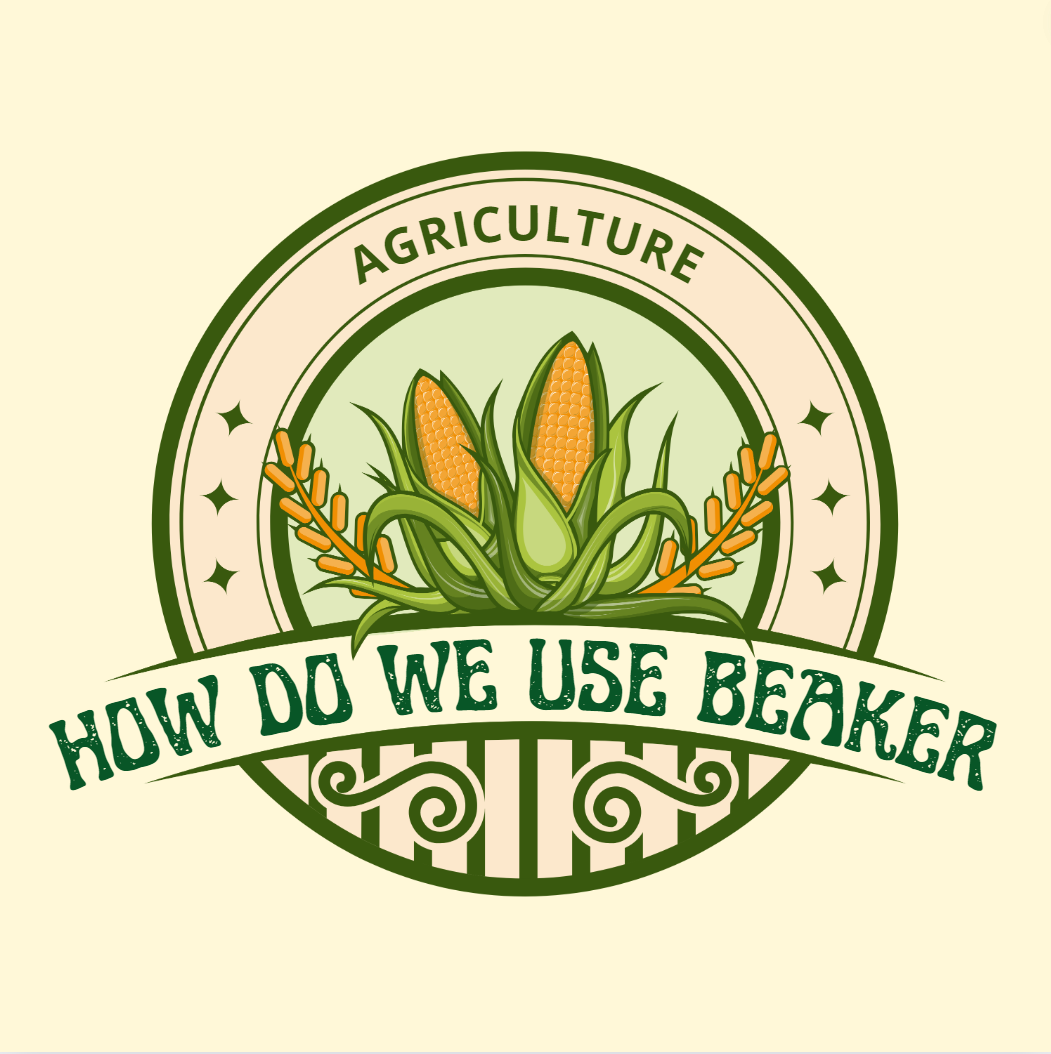So How Do We Use Beaker in Agriculture? In agriculture, technology and science have revolutionized farming techniques, and while we often think of tractors and irrigation systems, even small tools like beakers play a crucial role. But how do we use a beaker in agriculture? Let’s dive into the details.
Table of Contents
Introduction to How Do We Use Beaker in Agriculture
Beakers might seem like something straight out of a chemistry lab, but their use extends far beyond. In agriculture, precision matters. Whether you’re working with fertilizers, testing soil, or mixing pesticides, a beaker can be your best friend. It’s not just a container; it’s a tool for measuring, mixing, and testing. So, how do we use a beaker in agriculture? Let’s break it down in simple terms.
What Is a Beaker?
A beaker is a cylindrical glass or plastic container with a flat bottom, designed for measuring, mixing, and heating liquids. Typically found in labs, beakers have found their way into agriculture for good reason. They come with graduated markings that help you measure substances with accuracy.
Why Are Beakers Important in Agriculture?
In agriculture, precision is key to maintaining healthy crops and soil. Beakers provide that precision. Whether you’re mixing chemicals or analyzing soil, a beaker helps you get exact measurements, ensuring you’re applying just the right amount of a substance. Overuse of chemicals or pesticides can harm plants and the environment, so using a beaker keeps things balanced.
Measuring Chemicals for Fertilizers
\Farmers often need to measure exact quantities of chemicals to mix with water or other solutions for fertilizers. A beaker provides the precise measurement needed to make sure the fertilizer works effectively without overloading the soil with chemicals. This ensures better crop yields and reduces waste.
Mixing Soil Samples and Solutions
Farmers and researchers often use beakers to mix soil samples with water or other solutions to analyze nutrient levels. This helps them determine the best treatment for the soil. A beaker ensures that samples are mixed properly, which leads to accurate test results.
Testing pH Levels with Beakers
Soil health is critical for successful farming. Using a beaker to test the pH level of soil helps farmers know whether their soil is too acidic or alkaline, which can affect plant growth. A simple beaker filled with water and soil can provide the information needed to correct the pH balance and promote healthy crops.
Using Beakers for Pesticide Solutions
Applying pesticides in the right proportions is essential for protecting crops without damaging them. Beakers allow farmers to measure and mix pesticide solutions precisely. This ensures that only the necessary amount is applied, which minimizes harm to both the crops and the environment.
Water Testing and Quality Control
Water quality is another critical factor in agriculture. Beakers are used to collect water samples for testing levels of nitrates, phosphates, and other substances. Poor water quality can harm crops, and regular testing helps farmers identify problems before they affect the harvest. A beaker simplifies the testing process, making it quick and efficient.
Beakers in Laboratory Research for Agricultur
In agricultural research, scientists rely heavily on beakers to conduct experiments. Whether testing new fertilizers, examining soil nutrients, or developing better pesticides, beakers are used in labs to measure, mix, and heat substances. Research driven by precise measurements leads to innovations that benefit farmers worldwide.
Sustainable Agriculture: Reducing Waste with Precision
Sustainability in agriculture means using resources efficiently, and beakers help achieve this. By allowing farmers to measure substances with precision, beakers help reduce waste. Less waste means a lower environmental impact, which is essential for the long-term health of both crops and the planet.
Conclusion:
Beakers might seem small and insignificant, but in agriculture, they make a big difference. From measuring fertilizers to testing soil and water, these simple tools provide the precision needed to maintain healthy crops and sustainable farming practices. Next time you see a beaker, remember how vital it is in feeding the world!


Leave a Reply